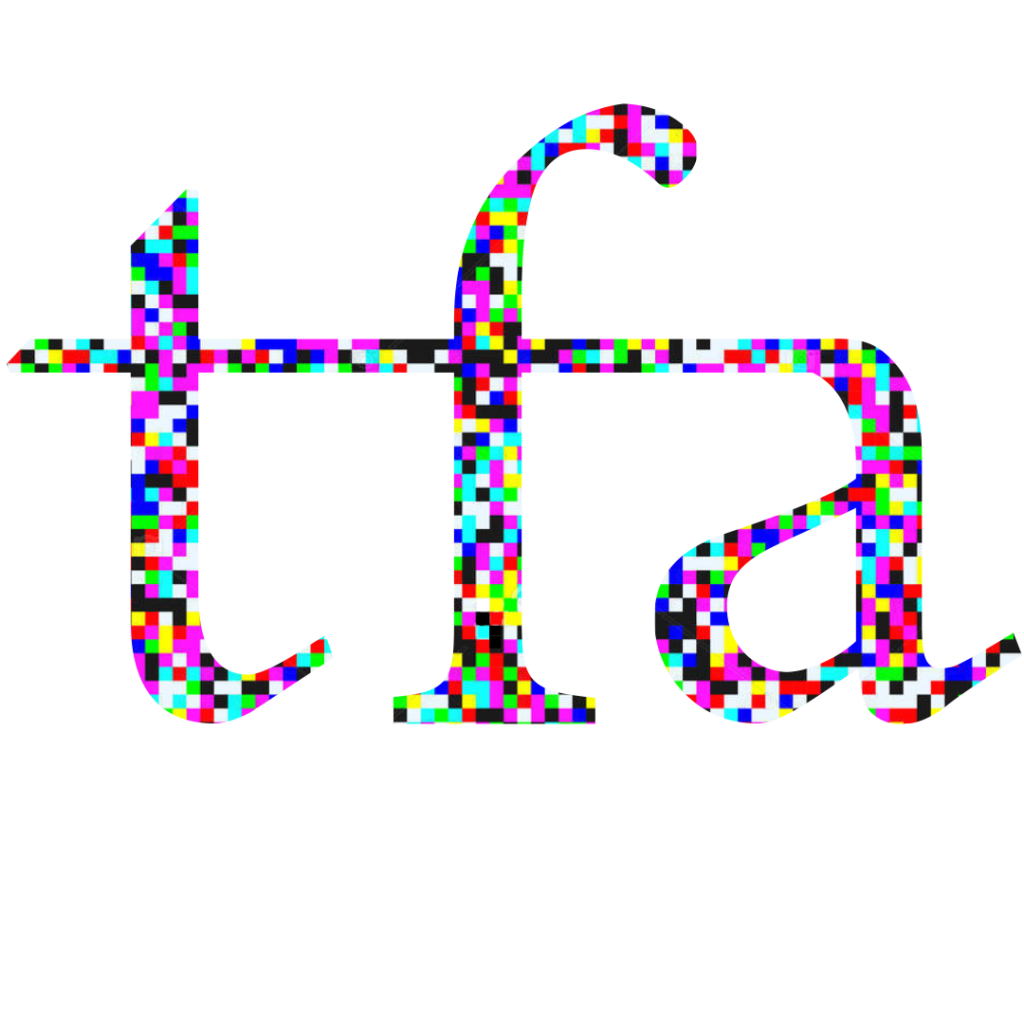
Tools For After appeals to Italian creativity to answer questions that concern the entire planet, involving sectors in which Italy is internationally recognized for the style and originality of its proposals:
Tools For After is a cultural project that was the winner of a grant made available by the Ministry of Foreign Affairs, and open to Italian Cultural Institutes around the world. The project was submitted by the Italian Cultural Institute of Melbourne.
Tools For After is a laboratory of ideas, solutions, projects, tools, and ways of dealing with the daily practices of today and tomorrow.

The competition: “Capitals of Italian creativity in the world” is a new integrated promotional initiative designed by the Directorate General for Country Promotion (Ministry of Foreign Affairs and International Cooperation)
It entails a selection process that evaluates project proposals sent in by the Italian network abroad for the implementation of a series of integrated promotional activities –focussed on a specific foreign city and within a defined time-frame – and taking the form of a “Festival of Italian Creativity”.
The goal is to enhance the design capabilities of the Italian network abroad in defining activities to promote Italy and bring new formats to life – originating from the network abroad – for the promotion and narrative of Italian creativity in the world, delineated in the three spheres: economic, cultural and scientific.
The selection panel – made up of the Directorate General for Country Promotion, the Directorate General for Public and Cultural Diplomacy, and the Directorate General for Italian Citizens Abroad and Migration Policies , together with the Ministry of Culture – chose as winners Tools for After, the project of the Italian Cultural Institute of Melbourne, and LoveItDetroit, the project of the Consulate of Italy in Detroit.
Tools for After addresses questions of great contemporary relevance that our civilisation must confront.
Organization
Italian Cultural Institute of Melbourne
Concept design and coordination
Angelo Gioè, Director, IIC Melbourne
Curator
Maurizio Corrado
Consultants
Raffaella Colombo, Antar Corrado, Alessandra Fabbri, Matteo Facello, Matteo Meschiari, Elisa Roncalli, Teo Sandigliano, Maurizio Sentieri, Carlo Vannicola
In collaboration with
Università di Camerino, Scuola di Ateneo di Architettura e Design
Università di Trieste, Superstructures
IIT, Istituto Italiano di Tecnologia, Genova
Politecnico di Milano, Scuola di Design
Accademia di Belle Arti di Foggia
Accademia di Belle Arti di Verona
LABA, Libera Accademia di Belle Arti di Rimini
NABA, Nuova Accademia di Belle Arti di Milano, Area di Media Design, New Technologies e Set Design
ISIA, Istituto Superiore per le Industrie Artistiche di Faenza
ISIA, Istituto Superiore per le Industrie Artistiche di Firenze
DESIGN
Luca Alessandrini, Giuseppe Arezzi, Artifact Studio, Pierangelo Caramia, Maurizio Castelvetro, Nitzan Cohen, Design Friction Lab , Raffaella Colombo, Michele Daneluzzo, Formafantasma, Fucina Frammenti, Stefano Giovannoni, Alessandro Gorla, Dino Lorusso, Roberto Maci , Selenia Marinelli , Raffaele Marra, Edoardo Maccari, Ali Zinati, Maurizio Montalti, MHOX, Filippo Nassetti, Alessandro Zomparelli, Barbara Narici, Francesca Nori, Fabrizio Moiani, Francesca Parotti, Marts Design Team di ISIA Firenze, Marcantonio Raimondi, Giulia Soldati, Sovrappensiero Design Studio, Tarshito, TIP Studio, Alessandra Tuseo, Guido Venturini, ZP Studio, Michele Bragantini, Sebastiano Manfredini, Raffaele Oppido, Daniel Borghesi, Sofia Cappellari, Cavalli, De Martin, Topranin, Pauletti.
ARCHITECTURE
Mauricio Cardenas Laverde, Margherita Bertoli from Arundo Art, Matteo Mannini from Canya Lab, Barbara Narici and Maddalena Ferraresi from Geologika Collettiva, Eliana Baglioni, Selenia Marinelli, Valentina Sumini, Massimo Iosa Ghini, Massimo Mariani.
In collaboration with the RMIT School of Art
RMIT’s School of Art is an international hub for innovation and diversity in the disciplines of art and photography. The School has a deep commitment to climate action, social justice, inclusive democratic practices, and a path to reconciliation with First Nation’s peoples through art and photography practices.
“Through supporting projects such as Tools for After, we hope to diversify national and international interdisciplinary networks, contribute to development of new knowledge that can be applied to learning, teaching and research practices relevant to challenges such as climate change” (Kit Wise)
Professor Kit Wise, Dean of the School of Art, said that their engagement with the Festival is built on a shared belief that art and creative practice brings unique insight into emerging technologies and their potential.
“In the School of Art, experimentation through creative practice with both old and new technologies is the foundation for our teaching and research. Through projects such as this, we hope to look ahead to future possibilities, while passing on to the next generation of practitioners and innovators with a particular focus on those from diverse backgrounds.








